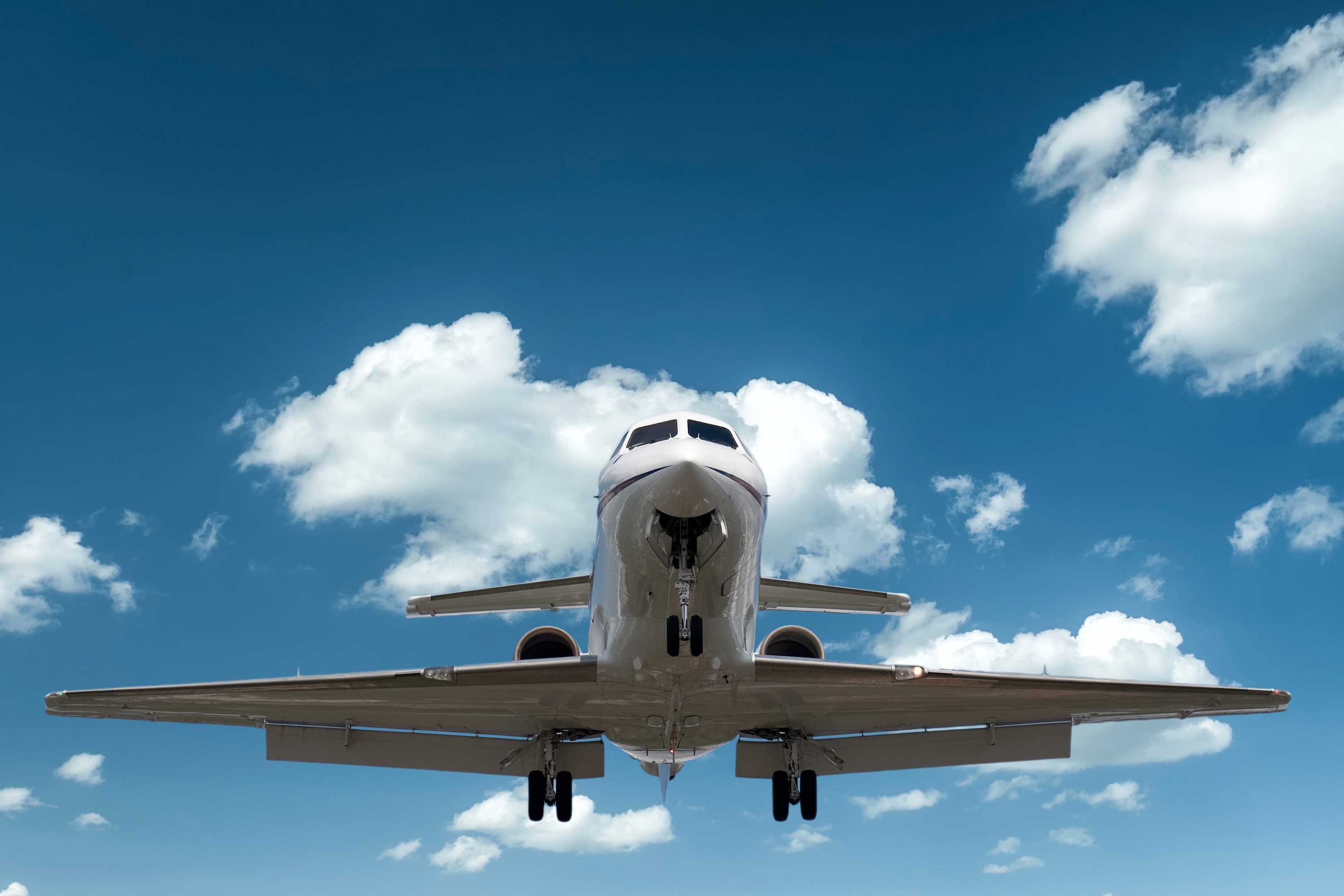
May 6, 2016
Are you taking advantage of conditional relief from duties and taxes when using your business aircraft internationally by properly using temporary admission procedures?
“Temporary admission” is the customs procedure under which certain goods may be brought into a particular customs territory with relief from import duties and taxes. Such goods must be imported for a specific purpose, and must be intended for re-exportation within a specified period. The goods also cannot have undergone any change, except normal depreciation.
Under temporary admission, a U.S.-based company’s aircraft may be eligible for admission into the European Union (EU), with total conditional relief from duties and taxes. In the past several years, the conditions under which temporary admission applies in Europe have been misinterpreted by some in the business aviation community.
The International Business Aviation Council (IBAC) recently sought clarification from the EU Customs Code Committee on the definition of “private” and “commercial” use of a business aircraft under Annex C of the Istanbul Convention. IBAC’s request was addressed in a EU Customs Code Committee working paper. The paper and the committee’s responses are available for guidance as part of NBAA’s aircraft importation resource.
To be granted temporary admission, the following conditions must be met:
- Means of transport for private use must be registered in a territory other than that of temporary admission, in the name of a person established or resident in a territory other than that of temporary admission and be imported and used by persons resident in such a territory.
- Means of transport for private use may be used by third persons who are duly authorized by the persons granted temporary admission. Each party may permit the use by a person resident in its territory, in particular, where the means of transport is used on behalf and on the instructions of the person granted temporary admission.
- Means of transport for private use may remain in the territory of temporary admission for a period, continuous or not, of six months in every period of 12 months.
Kurt Edwards, director general of IBAC, provided scenarios to explain the applicability of temporary admission.
Consider a U.S.-based company flying its business aircraft to Paris, France for an industry conference. The aircraft is carrying company employees, as well as brochures and conference giveaways. The aircraft continues to Frankfurt, Germany with the same passengers and goods on board for another conference before returning to the U.S. two weeks later.
In this scenario, the aircraft is in private use because the company is not receiving remuneration for the transportation of the individuals or the goods on board. Because the company is U.S.-based, the aircraft is not remaining in the EU for more than six months, and since the operations are considered private, the aircraft is eligible for temporary admission and relief from tax and customs duties.
“Some companies choose to fully import the aircraft in order to avoid potentially subjecting the aircraft to tax and customs duties, rather than taking advantage of the legal option of temporary admission, which costs the company a lot less,” said Edwards.
Edwards added that some EU customs agents have assumed in the past that business aircraft were chartered, conducting commercial operations (that is, for remuneration or hire) and misunderstood the temporary admission allowances.
“This misconception drove excessive caution among some companies due to fears of an aircraft being impounded,” said Edwards. “These concerns are unfounded if the company is operating consistent with the established temporary-admission guidelines.”
Another misconception is that a company with offices in the EU, but which has a principal place of business or headquarters in the U.S., is required to fully import the aircraft and pay tax and customs duties. Edwards points out that a key factor in determining the need for importation is the principal place of business – not the existence of secondary offices in the EU.
“The requirements of temporary admission have been clarified through the work of IBAC,” said Scott O’Brien, NBAA’s senior manager of finance and tax policy. “In many cases, temporary admission is a legal, compliant means of accounting for customs and tax obligations when operating in the EU, assuming your company and operations meet the temporary-admission thresholds.”
In another recent development, the Customs Code Committee released meeting minutes that describe certain options for full aircraft importation. According to these documents, to achieve “end-use authorization” and relief from customs duties, the aircraft must be on a civil registry, and the responsible party for the aircraft needs to be established in the EU.
These requirements may pose challenges for certain full-importation methods, and NBAA members are encouraged to carefully review service offerings if full importation is necessary. Review the minutes on NBAA’s website.


 International Business Aviation Council Ltd.
International Business Aviation Council Ltd.